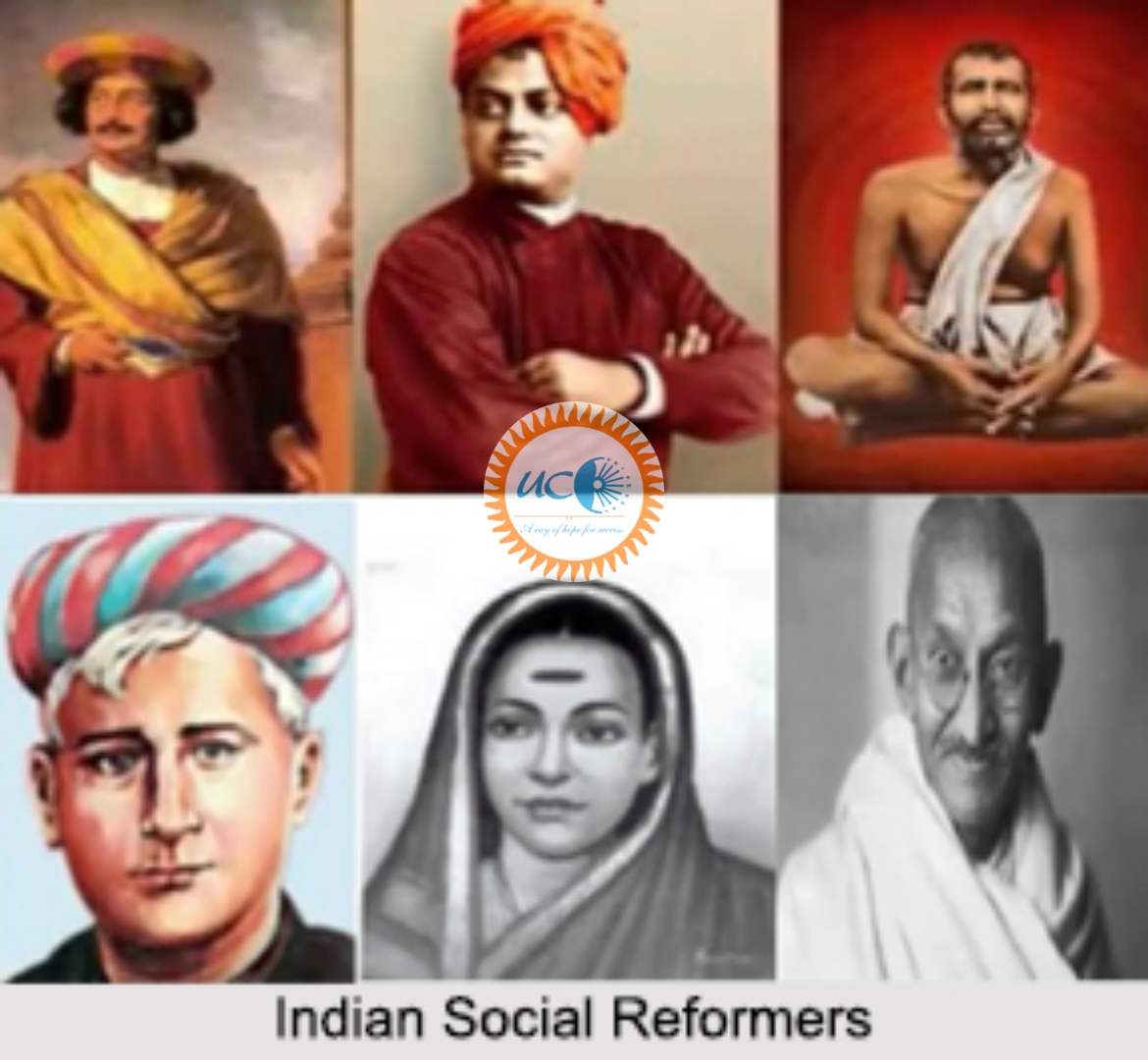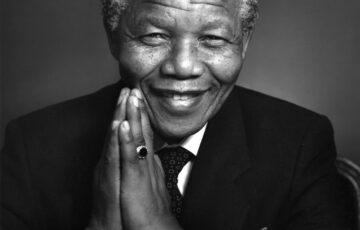Given below are two quotations of moral thinkers/ philosophers. For each of these, bring out what it means to you in the present context. (a) “Silence becomes cowardice when occasion demands speaking out the whole truth and acting accordingly” – Mahatma Gandhi. (b) “We must not only tolerate others, but positively embrace them” – Swami Vivekananda.
(a) Gandhiji has been the one of the biggest supporters of moral politics, upholding high principles like truth, honesty and courage in public life. As a public figure he believed in walking the talk. He believed in strong force of the soul and courage to be truthful in all walks of life. But to be able to speak the truth a person needs to have strength of the soul.
Gandhi ji believed that a seeker of truth has to be silent. Proneness to exaggerate, to suppress or modify the truth, wittingly or unwittingly, is a natural weakness of man and silence is necessary in order to surmount it.
However, Gandhiji also believed that silence becomes cowardice when silence only helps the oppressor and not the oppressed. He held that one need to cultivate courage,it is a virtue worth living for and dying for. A person needs to hold on to the truth and defend it with the force of the purity of soul, also appealing to the soul force of the opponent. He called it “Satyagraha”, which he had practiced on various occasions to fight the mighty British Empire as well as social evils such as untouchability.
The given quote is of great significance even in the present context which is evident from the following:
- Courage to stand against the tide of corruption- Today, the public life has become corrupt and opaque and when the system itself is corroded, it requires great courage to stand against the wrong tide and to walk on the path of honesty and truth. For example, the act of whistleblowing.
- Commitment to bring transparency to public system- Various provisions and policy tools like RTI are being brought into force to ensure transparency, but it cannot happen until the public servants do not commit to transparency completely. Truth has to be vociferously defended if transparency needs to be brought to the system.
- Raising awareness: For e.g. the cultural movement #MeToo, encouraged that the whole truth needs to be spoken out by victims of sexual abuse which can give people a sense of the magnitude of the problem
Silence or half-hearted effort is never an option if the principles and values of freedom struggle have to be put into practice to defend the true spirit of democracy. The only answer is speaking the truth and acting courageously.
(b) Above mentioned words of Swami Vivekananda were spoken at the world parliament of religions where he addressed the American people as his brothers and sisters. This shows his general idea of acceptance towards each and every being irrespective of religion, nationality, race etc.
The values inherent in the statement:
- Vasudev Kutumbakam: The concept of ‘whole world as a family’ is inherent in Indian culture. We have to own the differences amongst people and accept them as part of one humanity.
- Multiculturalism- Owning and not tolerating: Multi culturalism means primarily an interest in other cultures, respect for the ” differences of all segments of the population” and ‘ oneness with the world”. Tolerance is a negative word, the positive aspect of living in a diverse society is to assimilate, respect and accept the differences. That is what makes the society truly multicultural.
- All religions are different paths to same goal- The need to hold inter faith dialogue right from the school to societal level on regular basis to bring home the truth about the inherent unity of all faiths that Sri Ramkrishna preached and practiced. India is a ‘ civilisation state’ and not just a ‘nation state’ in the European sense of the term and founded on dynamic multi cultualism. Vivekananda did not see the goals of different religions as essentially different. The religions are
in harmony with each other owing to their goals and principles. The followers of the religion must understand the same and be brethrens in the national and social habitation.
In a world divided on race, religion, ethnicity among other factors these propositions expounded by Vivekanand are extremely relevant.
- Avoiding intermixing of Religion and Politics- somewhere in the misuse of the religion for political gains, the true goals of the religion that is peace, harmony and higher purposes of life are getting misplaced.
- Check hatred and Violence in the name of religion- there are many unsocial elements who try to Inc zite hatred in the name of religion. Many a times it leads to riots and tension among various groups. As a result, weaker sections and the society at large suffers.
- For the protection of the united and diverse nation- India as a nation is diverse as well as united. This unity can only be preserved if the society as a whole accepts each other and
flourishes together.
In today’s context the teachings of Swami Vivekananda on religious acceptance is more than relevant. Not only are his words that of a religious monk preaching true secularism to the society but also his preaching is very revolutionary in providing us an idea of a diverse yet united nation






